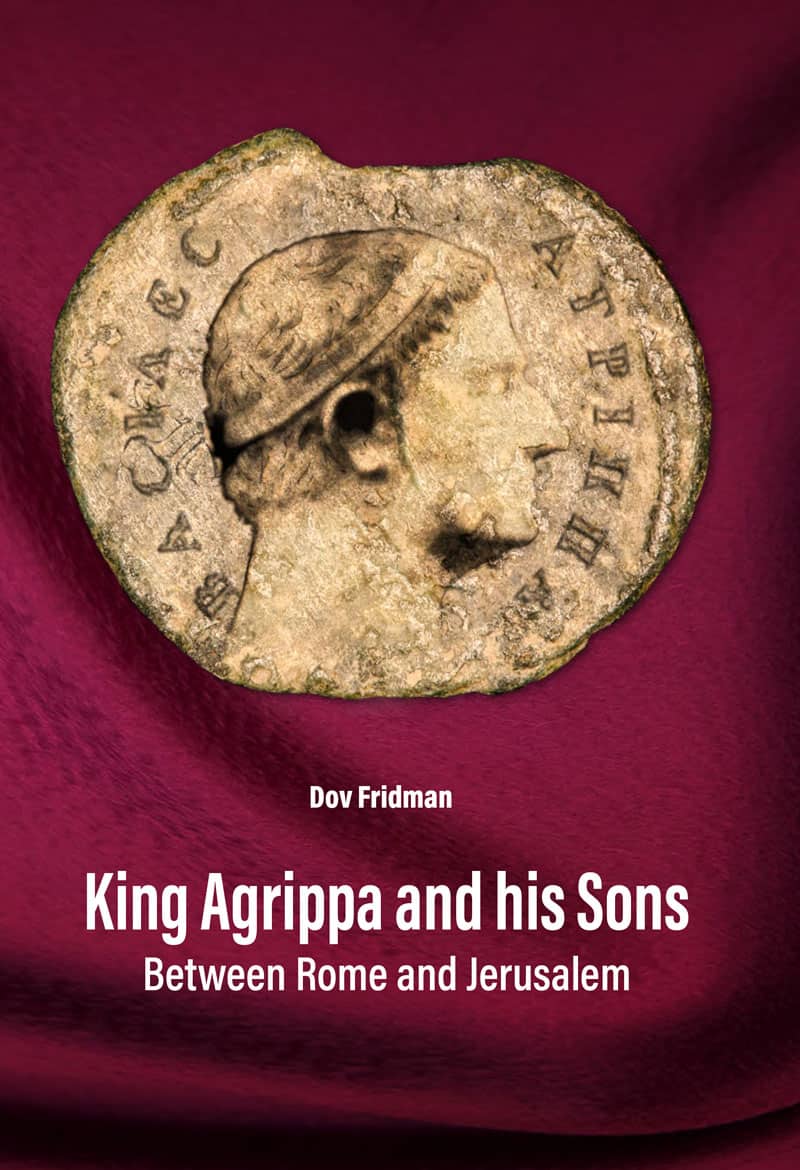Introduction to the English Edition

After a few months of sales of the Hebrew edition of the book, I became aware of the need to familiarize King Agrippa of Judea and his son, Agrippa the Second, with the English audience outside the Holy Land.
Many of my tour guide colleagues and pastors who led groups for pilgrims on tours of Israel encouraged me to do so.
King Agrippa and his son, who lived in the first century, witnessed and were actively involved in Christianity’s growth in its early days. The two kings, father, and son, were under pressure from Rome to take harsh steps against what the Emperors Gaius Caligula, Claudius, and Nero considered as rebellions against Roman authority.
In my book, the two vassal kings are the storytellers, and they describe their deeds from that perspective.
The sources of the book are the New Testament, mostly “Acts of the Apostles,” alongside historical writings from the period, such as Josephus Flavius, Tacitus, Suetonius, and Philo of Alexandria, which at times complement each other, and at other times are contradictory.
As a writer of a historical novel, I took the freedom to blend these historical sources and arrive at my logical conclusions.
Chapter 27, for example, describes the newly appointed King Agrippa the First, visiting the Temple in Jerusalem and asking the High Priest, the successor to Caiaphas, about the events during the time of Pontius Pilate, seven years earlier, about the crucifixion. The two men – king and High Priest – have to navigate carefully through the political forces of their time when speaking about Paul and his followers who fled from Jerusalem.
The death of King Agrippa, in Caesarea, in September 44 is described in the New Testament (“Acts of the Apostles” 12, 18) as divine punishment for accepting the crowd’s adoration as a God rather than a king. The Jewish historian Josephus, who knew Agrippa personally, describes the event differently: “The king knew he was dying when he saw the owl and immediately fell in pain.”
I associated Agrippa’s death with poisoning, either ordered by Emperor Claudius, Agrippa’s friend and patron or as independent action taken by Agrippa’s enemy, Marsus, Procurator of Syria, who suspected that the king was plotting against Rome.
The book is described from the perspective of the first century and told by the man whose mysterious death at the age of fifty-four reinstated direct Roman rule, headed by mostly corrupt, cruel, and greedy Roman Procurators. The growth of Messianic expectations among the Jews of Judea and Galilee led to a spiral of violence that culminated in the Great Rebellion against Rome that ended with Jerusalem’s fall, the Temple’s destruction, and the loss of Jewish independence until the creation of the State of Israel.
Dov Fridman
For more details and orders
Dov Fridman: +972-52-352-3061


